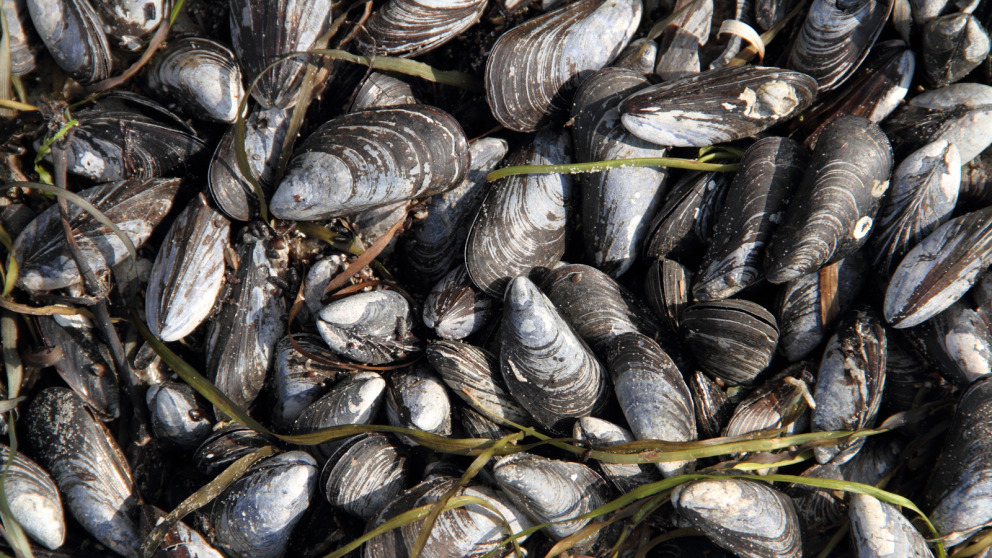The Global Mollusc - Environmental Design and Cultures of Extraction
Duration

Over 90 per cent of all species on Earth are invertebrates. The second largest group of invertebrates are the 'Phylum Mollusca', a very broad group of creatures that includes everything from squid to snails. A widespread, diverse and poorly studied group, the molluscs live across marine, freshwater and terrestrial habitats; some have exoskeletons and others do not; some move with speed and grace, others slide and goo, and others move not at all. In their diversity, as much as in their specificity, these creatures both inspire and surprise. This has long been true. However, in something resembling a renaissance, scholars, environmental designers, and fishers are turning toward edible bivalves (oysters, mussels, clams and scallops) in particular for myriad reasons: as a form of archival knowledge, as interesting tools for conservation, environmental restoration, environmental design, as forms of carbon sequestration, as a food source, and as an overall force for good.
In this research network, the researchers follow this turn toward oysters, mussels, clams and scallops, specifically as objects of hopeful activity in a time of planetary crisis. Even as they learn about these species, they both interrogate the notions of hope and promise the molluscs carry with them and follow the reorientations of human-environment relations these bivalves so often enable.
Their hope, with this research network, is to bring together diverse interests related to the expanding possibilities of bivalves to understand how such minor creatures organize both social and natural worlds. Among those involved in the network (see below), environmental designers focus on oysters, for example, as modes of protecting low-lying or swampy shoreland from higher tides and storm surges. Biologists study the filtering capacity of both oysters and mussels to help clean toxic and silty waters like those of the Venice lagoon, while geologists reconstruct paleoenvironments and track their origin and evolution from the Cambrian period. Anthropologists and historians are interested in cultivation practices which give rise to alternative economies of extraction and contribute to the flourishing of communities at the fringes of capitalism.
The Global Mollusc project brings together interested scholars from across these disciplines and beyond to share knowledge about what these bivalves are and how they live, but also how they pull diverse interests to them while giving rise to new conceptualizations, practices, and stories about how to live differently in the communities and environments that sustain us. Explicitly transdisciplinary, this research team takes guidance from both the people and the molluscs with whom they interact as well as from each other, learning to think and collaborate across disciplinary bounds.
The group is open to research inquiries from scholars concerned with all manner of shelled molluscs (others too) for, even as the researchers expand their network, they hone their interests, forever interested in experimenting with novel forms of collaboration.
Consortium of current network/researchers;
- Dr. Camilla Bertolini, Ca' Foscari University, Venice, IT
- Dr. Hannah Burnett NYU Tandon School of Engineering, New York USA
- Prof. Maura Coughlin, Northeastern University, Boston MA, USA
- Prof. J.T. Roane, Rutgers University, Piscataway NJ, USA
- Dr. Stephanie Wakefield, Life University, Atlanta GA USA
- Dr. Rhys Williams, University of Glasgow, Scotland UK


